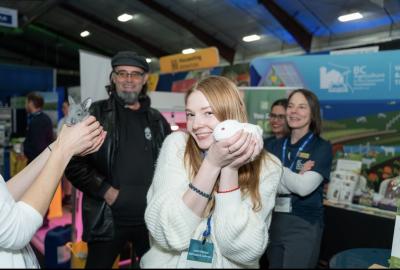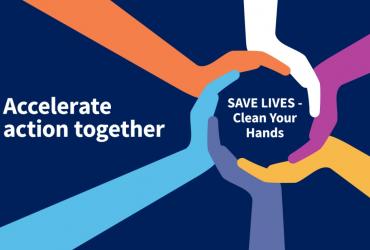Preparation Tips for Future Students
Before my co-op term began, I prepared so that my transition would be easier, and I recommend that future students do the same. My first tip is to not over-prepare as co-op positions are intended for students to learn job skills, supervisors typically don’t expect students to have extensive prior knowledge and are there to provide training. When preparing for a co-op term, I find it useful to review the job posting to understand the tools I will use on the job, as well as the kind of work that I will be doing. Since my co-op is a technical role, I reviewed Python in case I needed it for my work, and statistics knowledge from previous courses as my role requires statistical analysis. Of course, co-op jobs encompass a wide range of fields, so my general tip is to review relevant aspects in the job posting, this preparation may make a positive first impression on supervisors and coworkers.
Lastly, I believe that it is important to prepare for the unexpected, as things that are out of the student’s control can happen. For example, I might have to work with someone that I don’t see eye to eye with, and in that case I would still try to communicate with them in a professional manner and sort things out. However, if disagreements become too personal then I would bring up the issue with my supervisor, as I believe that students should speak up if they feel uncomfortable.
















